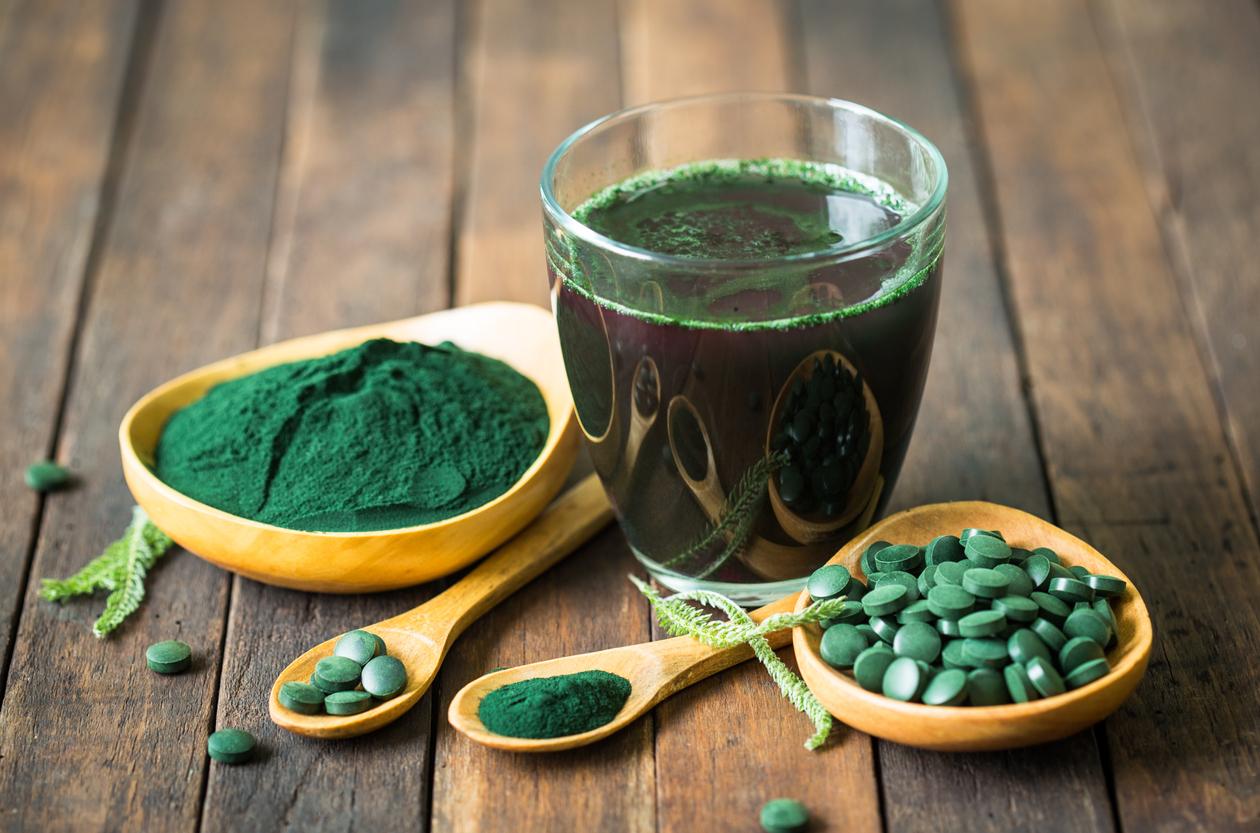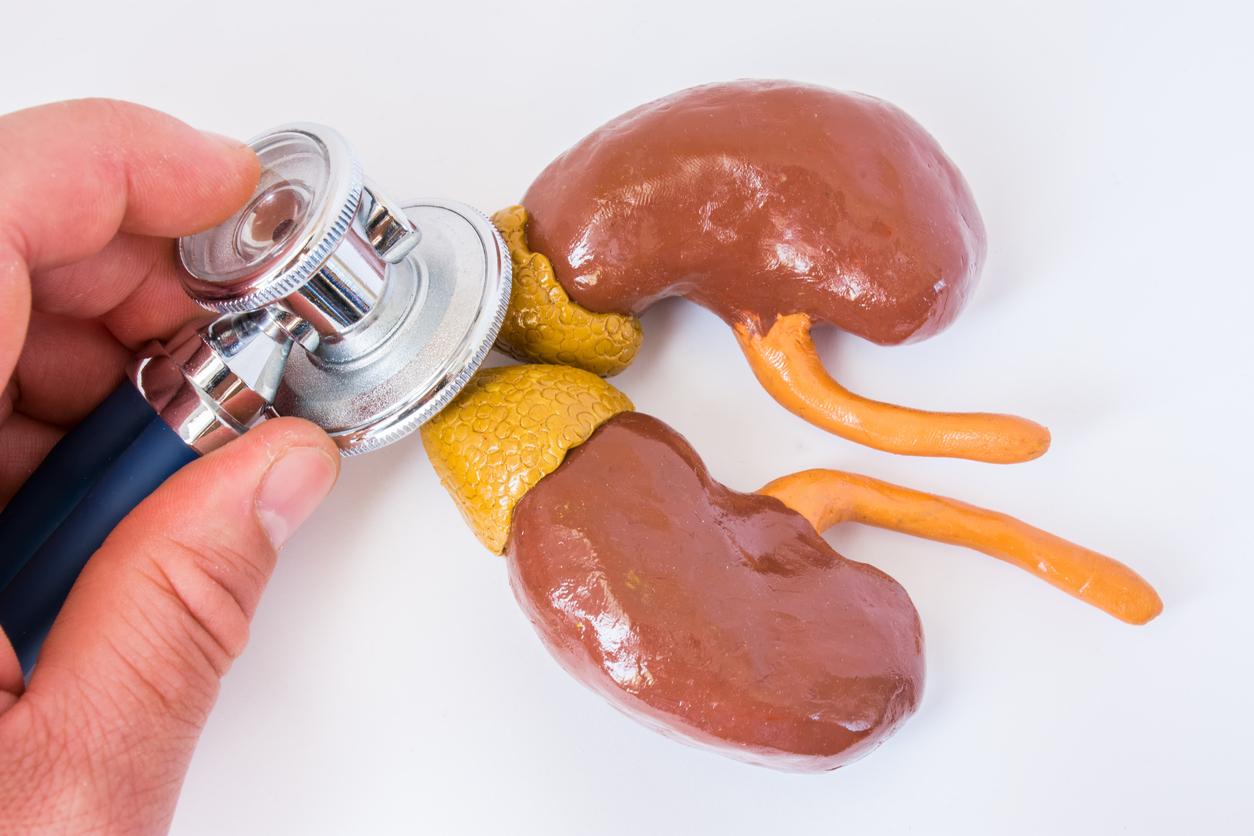Researchers highlight the value of algae, rich in plant proteins, as an alternative to meat to take care of your muscles.

- Proteins are, along with carbohydrates and lipids, one of the three main families of macronutrients. Playing an essential role at the muscular or skin level, they are involved in numerous processes such as the immune response, the transport of oxygen in the body or even digestion.
- Researchers evaluated the impact of ingesting plant proteins from algae on blood amino acid concentrations, as well as myofibrillar protein synthesis rates at rest and after exercise.
- The study reveals that proteins from spirulina or chlorella can be an excellent alternative to animal-based proteins “when it comes to muscle maintenance and building.”
If animal products, in particular chicken or salmon, have the reputation of being the best sources of protein, today there are, “for ethical and ecological reasons, a growing interest in non-animal and sustainably produced proteins”, such as tofu, legumes or peanuts. A new study, published in The Journal of Nutritioneven extols the merits of a particularly environmentally friendly food rich in plant proteins: algae.
How do algae stimulate protein synthesis?
Researchers from the University of Exeter (United Kingdom) relied on a clinical trial carried out on a cohort of 36 healthy young adults. After a single-leg resistance exercise, participants ingested a drink containing 25 grams of protein from either mycoproteins derived from mushrooms, spirulina, or chlorella – two algae that are easily found commercially.
Blood and muscle samples were collected at baseline and over a four-hour period post-feeding and post-exercise, “to assess blood amino acid concentrations and myofibrillar protein synthesis rates in rested and stimulated tissues”can we read in a communicated.
Algae, for “muscle maintenance and strengthening”
Result, “Protein ingestion increased blood concentrations of essential amino acids, but more rapidly and with higher peak responses with spirulina and chlorella consumption compared to mycoprotein.” Likewise, she “increased rates of myofibrillar protein synthesis in both rested and stimulated tissues, with no differences between groups, but with higher exercise rates compared to rested muscles.”
This study is, according to the authors, “the first of its kind” to demonstrate that the ingestion of algae such as spirulina can constitute “an interesting and sustainable alternative to animal-based proteins for muscle maintenance and strengthening”. Not to mention all the other nutritional benefits of spirulina in terms of minerals, vitamins and antioxidants.















